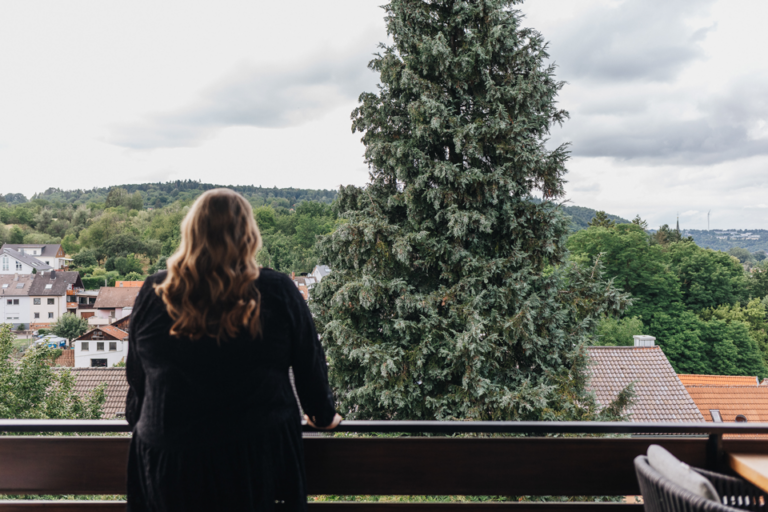Since the mid-20th century, psychology has extensively explored the concept of resilience. The focus is not on the negative influences on psychological development, but rather on the positive aspects. Emmy E. Werner, an American developmental psychologist, played a pioneering role in this field of research. The modern resilience research was significantly shaped by her groundbreaking Kauai Study. Here, you will learn about the groundbreaking insights yielded by her long-term study.
Emmy E. Werner: Life Journey and Background
Emmy E. Werner was born in Germany in 1929 and experienced a childhood shaped by the events of World War II. The family immigrated to the United States in 1940, where Emmy Werner studied at the University of Nebraska and obtained her doctoral degree. Influenced by her own childhood experiences, she devoted her life to researching resilience and its influencing factors.
The Kauai Study: Insight into Emmy Werner’s Research
The Kauai Study, a groundbreaking longitudinal study, spanned over 40 years and focused on the development of 698 children born on the Hawaiian island of Kauai in 1955. This research project aimed to assess the long-term consequences of stressors before, during, and shortly after birth. Emmy E. Werner’s team adopted a comprehensive approach, examining the children or adults at various life stages, namely during the prenatal development period, as well as at the ages of one, two, ten, 18, 31 or 32, and 40 years.
The study leaders identified 201 children as “highly at risk” due to exposure to perinatal stress, living in persistent poverty, or having parents with less than eight years of education. Additionally, children in an environment of conflict, divorce, parental alcoholism, or mental illness were classified as at risk. Notably, the finding revealed that one-third of the children from this high-risk group grew into “competent young adults who showed no serious learning or behavioral disorders in childhood or adolescence” (see Werner 1989, p.120).
Resilience in Childhood: Emmy Werner’s Findings
The surprising results of the Kauai Study allowed Emmy E. Werner to gain more precise insights into the ‘protective and supportive factors’ (Werner, 1989, p. 121) influencing children’s resilience. Children who demonstrated resilience despite challenging circumstances exhibited remarkable qualities, including high activity levels, low irritability, social adaptability, and a lack of tendency towards melancholy. Furthermore, they developed good problem-solving skills, had a realistic assessment of situations, and displayed communicative, low-anxiety, analytical, and planned behaviors.
In addition to personal characteristics, external factors such as stable bonds with supportive adults played a central role. These findings significantly contributed to understanding how children can become resilient in the face of family challenges. Emmy E. Werner’s research not only established a fundamental perspective on resilience in childhood but also outlined concrete ways in which it can be developed and nurtured.
Emmy E. Werner’s Legacy in Resilience Research
With her lifelong dedication to resilience research, Emmy E. Werner laid the foundation and sparked a movement. The results of the Kauai Study, as well as her further research, have profoundly altered our understanding of adaptability and resilience. Emmy E. Werner’s research has not only provided valuable insights into resilience in childhood but has also guided the direction of future studies. For instance, the findings from Werner’s Kauai Study were corroborated in studies like the Mannheim High-Risk Children Study. Her legacy endures in contemporary resilience research, and her insights continue to shape how we understand the capacity to cope with life challenges and crises. Her research is also one of the cornerstones of the persolog® Resilience Model.



